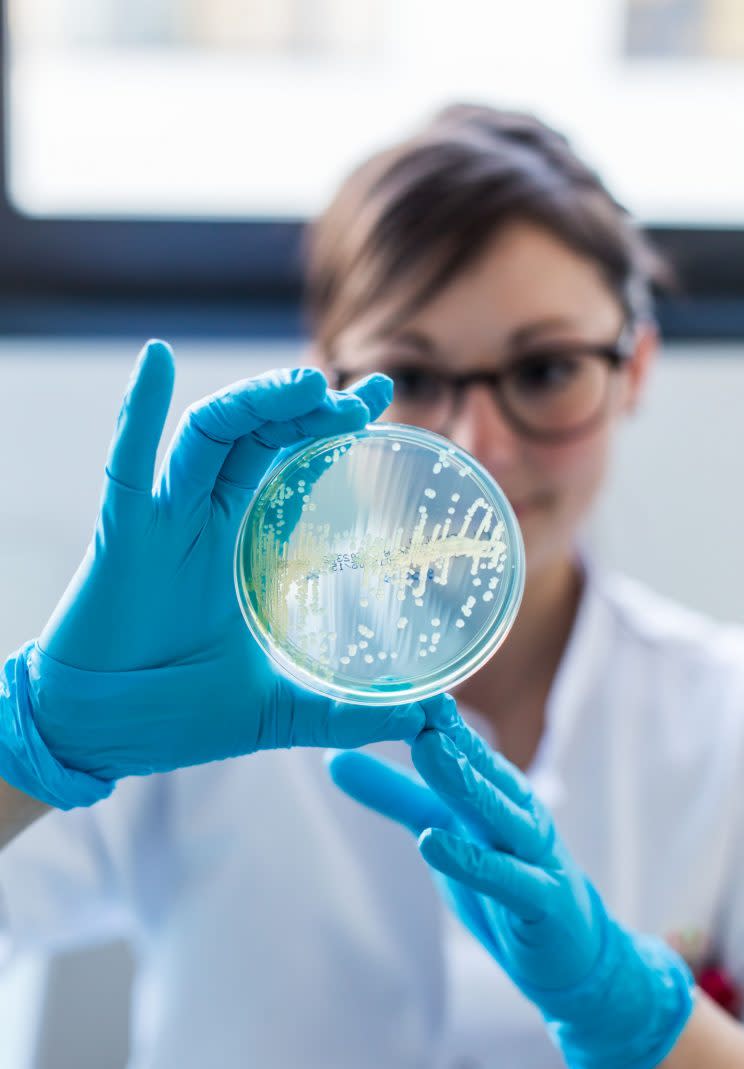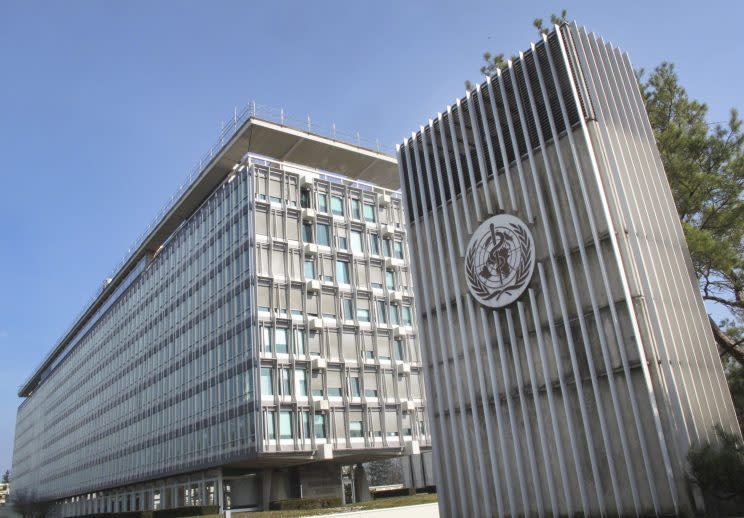Scientists discover first antibiotic for 30 years

Scientists have discovered the first new antibiotic in three decades which could prove effective in the fight against superbugs.
Canadian-based doctors Grant Pierce and Pavel Dibrov, from the St. Boniface Hospital and the University of Manitoba in Winnipeg, have discovered a new antibiotic compound called PEG-2S.
It works by cutting off the energy source of at least 20 different types of bacteria, which they all need to survive.
However, the new antibiotic could be up to 10 years from being available to the public and will need to be tested in clinical trials.
MORE: Number of feline cats with diabetes doubles in a year
MORE: What is 420? The ultimate cannabis festival explained
The research was published in the Canadian Journal of Physiology and Pharmacology.
Dr Pierce told a Canadian TV news channel that the antibiotic could kill bacteria that causes Legionnaires’ disease, cholera, typhoid fever and bubonic plague.
And he said it was possible that it could attack bad bacteria without affecting healthy human cells or the “good bacteria” that live in human guts.

Dibrov called the results “tremendously exciting”.
It is the first antibiotic discovered since 1987.
The World Health Organisation has identified drug-resistant bacteria as one of the greatest threats to the world’s population.
“It is predicted that by about 2030, all of the antibiotics that we use today to treat bacteria and bacterial infections will no longer be effective,” added Dr Pierce.

 Yahoo News
Yahoo News 


